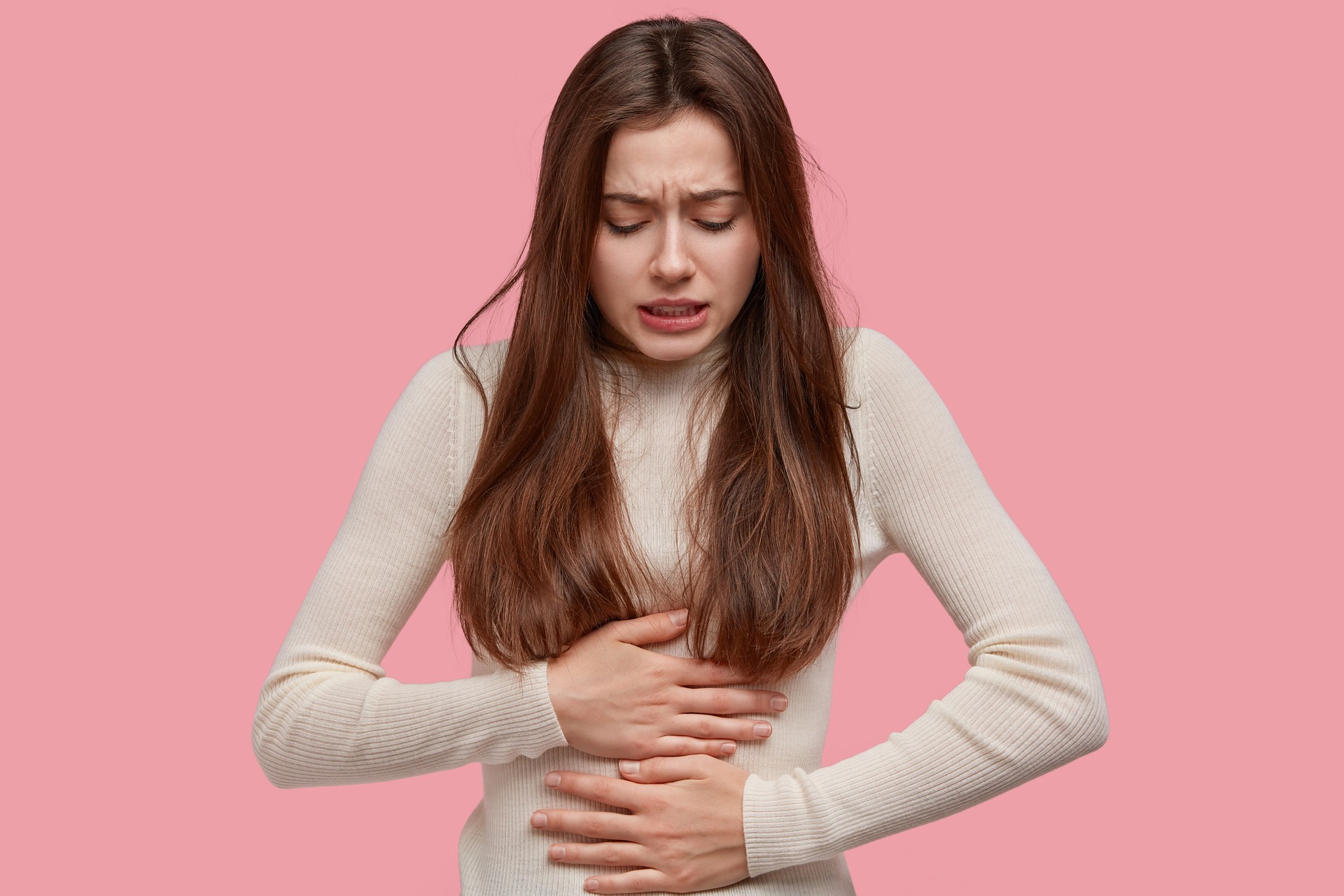
Menstruation is a natural and vital aspect of a woman’s reproductive health, marking the monthly cycle that prepares the body for the possibility of pregnancy. While menstruation is a normal physiological process, it is often accompanied by a range of symptoms that can vary from woman to woman. In this comprehensive guide, we will explore the common menstruation symptoms and delve into their causes, management, and ways to promote overall menstrual health.
- Menstrual Cycle Overview:
The menstrual cycle is a complex interplay of hormonal changes that occur over approximately 28 days. The phases of menstrual cycle are the menstrual phase, follicular phase, ovulation, and luteal phase. Menstruation typically begins with the shedding of the uterine lining during the menstrual phase, which is when most symptoms manifest.
- Common Menstruation Symptoms:
a. Menstrual Cramps:
Menstrual cramps or dysmenorrhea is one of the most prevalent symptoms. These cramps are caused by the contraction of the uterine muscles as the body expels the uterine lining. The intensity of cramps varies, with some experiencing mild discomfort and others enduring more severe pain.
Management Tip: Menstrual cramps could be alleviated by applying heat to the lower abdomen, staying hydrated, and regular exercise. Over-the-counter pain relievers may also be used under a doctor’s guidance.
b. Fatigue:
Many women are experiencing with increased fatigue during menstruation. Hormonal fluctuations and the body’s increased energy expenditure during this time could be attributed to this.
Management Tip: Ensuring a well-balanced diet, staying hydrated, and practicing good sleep hygiene can help combat fatigue. Moderate exercise, such as walking or yoga, can also boost energy levels.

c. Mood Swings:
Fluctuation of hormones like estrogen and progesterone can lead to mood swings. Some women may feel irritable, anxious, or even experience bouts of sadness during their menstrual cycle.
Management Tip: Engaging in activities that promote relaxation, such as deep breathing exercises or mindfulness meditation, can help manage mood swings. Regular exercise and a healthy diet play crucial roles in stabilizing mood.
d. Bloating:
Bloating during menstruation could be resulted from water retention and hormonal changes. This discomfort is often characterized by a feeling of fullness and tightness in the abdominal area.
Management Tip: Bloating can be reduced by adopting a low-sodium diet, staying hydrated, and engaging in light physical activity. Herbal teas, such as peppermint or ginger, may also provide relief.

e. Headaches:
Hormonal fluctuations, particularly changes in estrogen levels, can trigger headaches for some women during menstruation.
Management Tip: Adequate hydration, stress management techniques, and over-the-counter pain relievers can help alleviate menstrual headaches. It is important to Maintain a consistent sleep schedule.
- Abnormal Menstruation Symptoms:
While most menstruation symptoms are normal, certain signs may indicate underlying issues. Irregular periods, excessively heavy bleeding (menorrhagia), severe pain, or other unusual symptoms should be discussed with a healthcare professional.
Management Tip: Regular gynecological check-ups, maintaining a menstrual diary, and seeking prompt medical advice for abnormal symptoms are essential for identifying and addressing potential reproductive health issues.
- Promoting Menstrual Health:
a. Nutritious Diet:
A balanced diet rich in fruits, vegetables, whole grains, and lean proteins supports overall health, including menstrual well-being. It is crucial to intake of iron, calcium, and essential vitamins adequately.

b. Regular Exercise:
Physical activity can help alleviate menstrual symptoms by promoting better blood circulation, reducing stress, and improving mood. Aim for at least 150 minutes of moderate-intensity exercise per week.

c. Stress Management:
Stress can exacerbate menstrual symptoms. Incorporate stress-reducing activities such as yoga, meditation, or hobbies into your routine to support emotional well-being.
Conclusion:
Understanding menstruation symptoms is crucial for promoting women’s health and well-being. While some discomfort is normal, persistent or severe symptoms should be addressed with a healthcare professional. By adopting a holistic approach to menstrual health through proper nutrition, regular exercise, and stress management, women can navigate their menstrual cycles with greater ease and comfort. Empowering individuals with knowledge about their bodies contributes to a healthier and more informed approach to menstruation.







